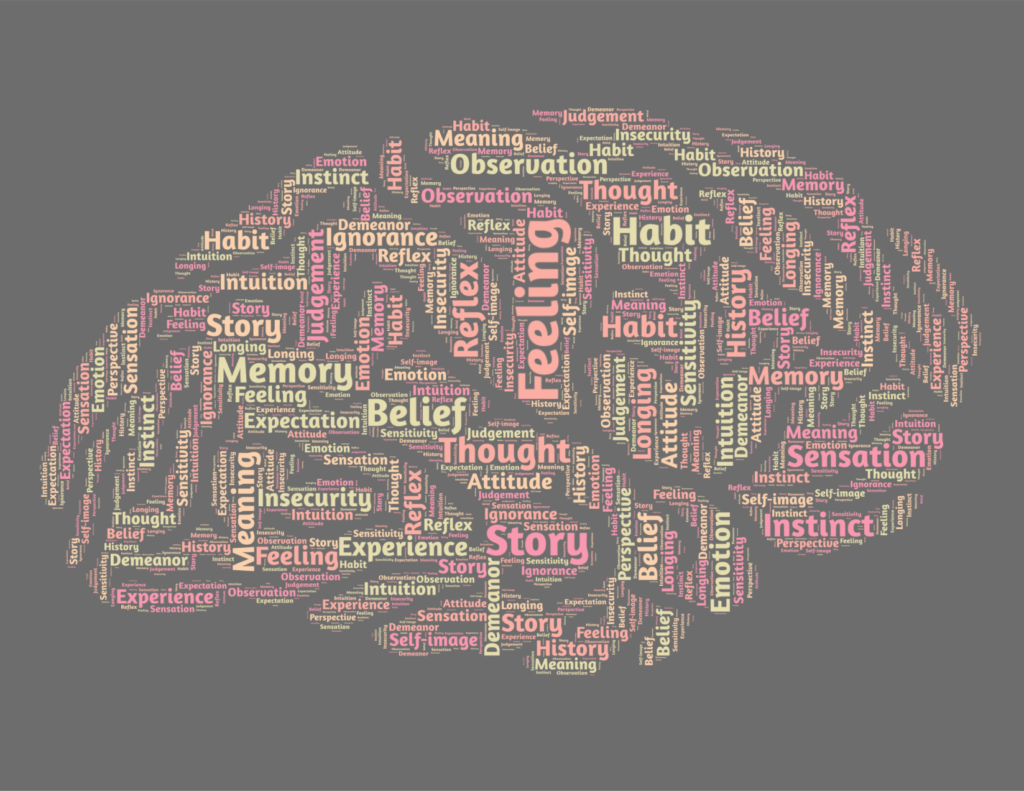
The aim of the workshop was to analyze mental infrastructures in modern societies that are both a prerequisite and a determining factor for the character and course of a socio-ecological transformation. We aimed to find answers on how people’s basic mindsets, attitudes, and general perceptions are shaped by fossil-industrial infrastructures, and how they can and must change in the course of transformations toward post-fossil, bio-based economies. As one of the participants, Éric Pineault, put it: “Fossil infrastructures and habitus play an important role in shaping the possible and the impossible.”
Experts from different disciplines from Germany and abroad enriched the workshop. In their presentations they referred to mentalities, value systems, desires, behavioral patterns and cultural aspects and considered societies and social groups. Different framework conditions, such as the politically promoted energy transition or bioeconomy, societal crises or capitalism were also taken into account. Thus, the workshop participants gained many new aspects and approaches for their own research work.
Session 1 “Fossil Mentalities”
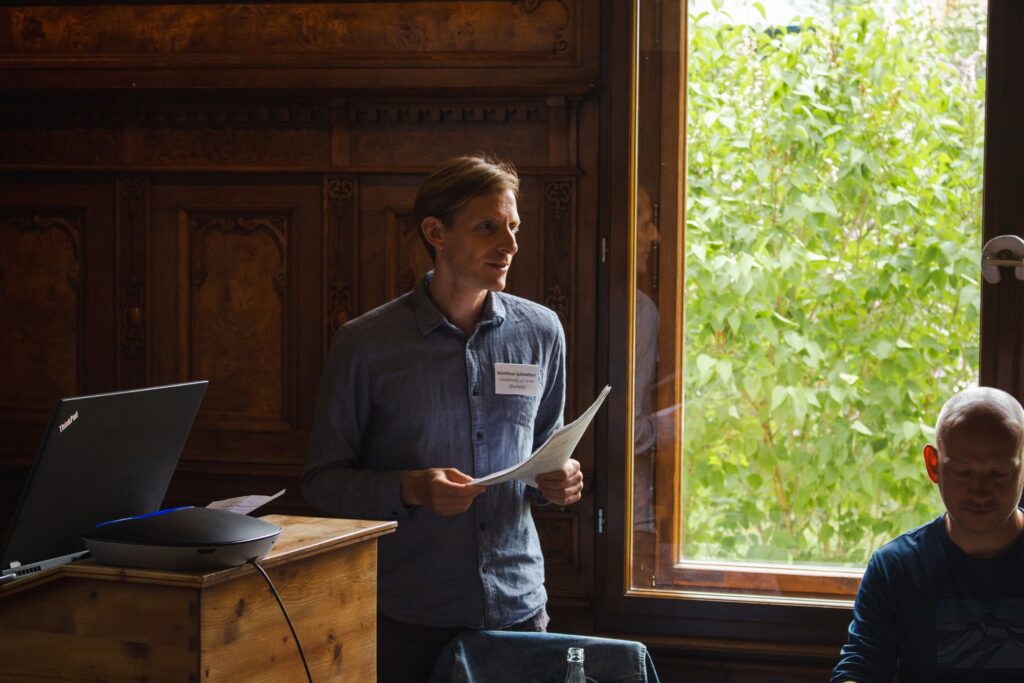
One could say we are living in the cement age. Cement is the world’s single most used material enabling the spread of the construction material concrete. With concrete as a material comes a fossil imagery which can be understood through the dream of the printed house formulated by Thomas Edison. Plastic materials like concrete make it possible to shape the world after capital needs – they create landscapes of accumulation.
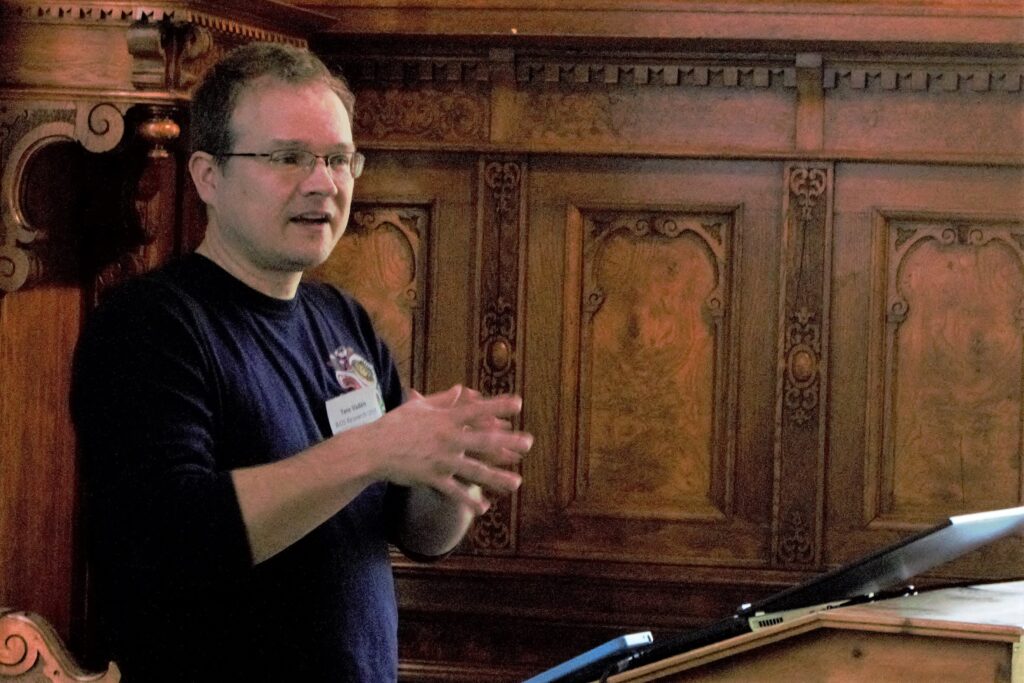
Despite their self-perception as modern and enlightened, fossil-capitalist societies have great difficulty recognizing and operationalizing relevant knowledge. These blind spots concern e.g., the life cycle and origin of materials as well as the illusion that we are independent of nature. These knowledge gaps have unintended (negative) consequences like the climate crisis or ubiquitous plastic waste. We lack knowledge about origin and synthesis (syntytieteo): the knowledge of how things (both material and mental) interrelate. With Syntytieteo we would know where plastic in our daily life comes from, which tracks it takes and how we can avoid its negative consequences.
Session 2 “Energy Transitions and Mentality Transformations”
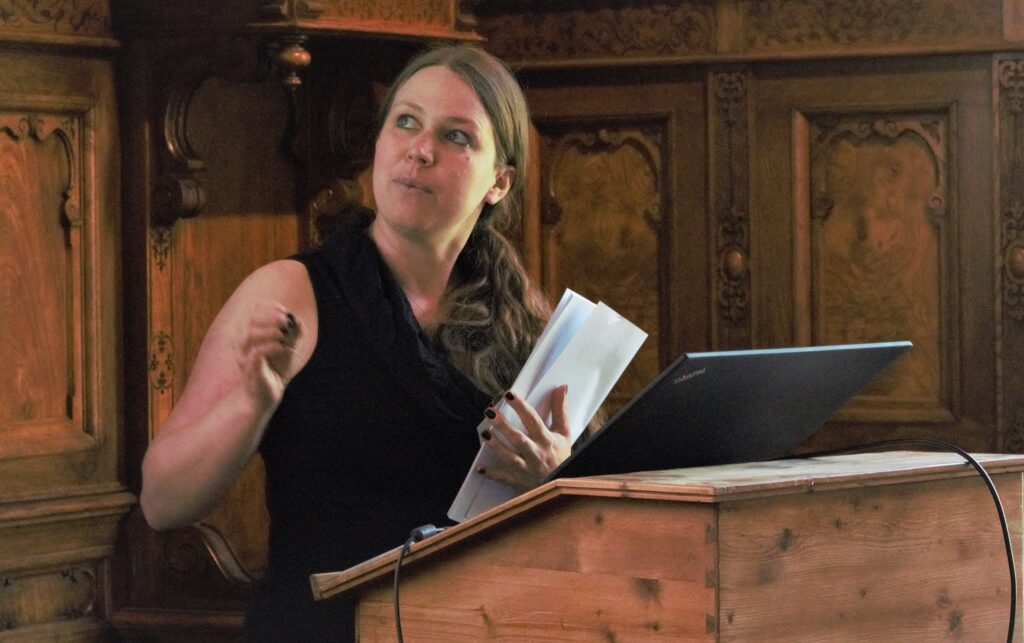
Using cleavage theory, Julia Zilles compares collective identities and mentalities of opponents of local energy transition projects on the one hand with participants of Fridays for Future and the global Climate Strike on the other hand. Here, she analyzes how both groups perceive themselves and each other. While contrary in many attitudes, in their self-conception both groups act in the name of science and for the common good – including nature / the environment. Both are disappointed with political leadership.
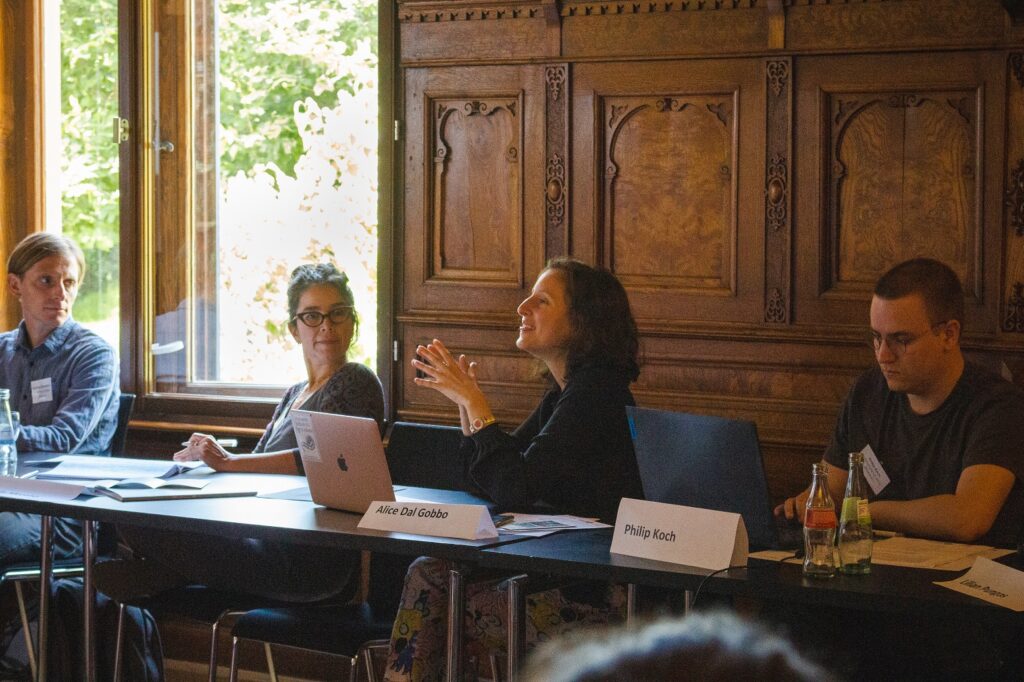
The neoliberal denial of politics leads to an emphasize of consumer choices as the last sphere of individual control. The neoliberal way of working the problem of sustainability – changing attitudes and behaviour – neglects social structures, accountability, responsibility, and the question of how free consumer choices really are. In ten case studies in Northeast Italy, Alice Dal Gobbo investigated how people redirect and rethink their desires in the light of the Covid-19 crisis. The question “What is it that makes a good life for me?” was found to lead to a reduction in materialist appropriation, an increase in joyful affection and new alternative energy-assemblages.
Keynote „The enduring metabolic structures of fossil capital and the social ecology of the imaginaries advanced capitalism“
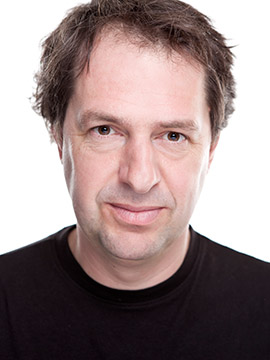
Éric Pineault points out that fossil mentalities are highly influenced by how we view energy and which types, amounts and availability of energy we consider normal. These ideas of and expectations towards energy should adapt to a viable society. Reflecting on transformation he asks: How do we reintroduce practices of subsistence into our lives?
Keynote „Desiring Energy: Toxic Fantasies of Fuel, Freedom, and Work“
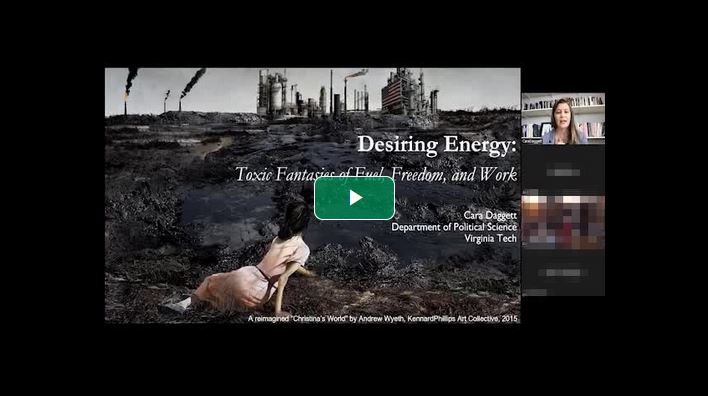
Energy and work/employment are deeply connected – at least according to our fossil-industrial conceptions. As jobs, the meaning of work and social roles are viewed in relation to the availability of energy, modern energy cultures remain ingrained in extractivism. A historical study of energy suggests that a change in our fuel culture necessitates a change in (post-)industrial working cultures and the Western conception of freedom.
The keynote has been recorded and can be viewed here.
Session 3 “Mentalities and post-fossil transformation in Germany 2022: The BioMentalities study”
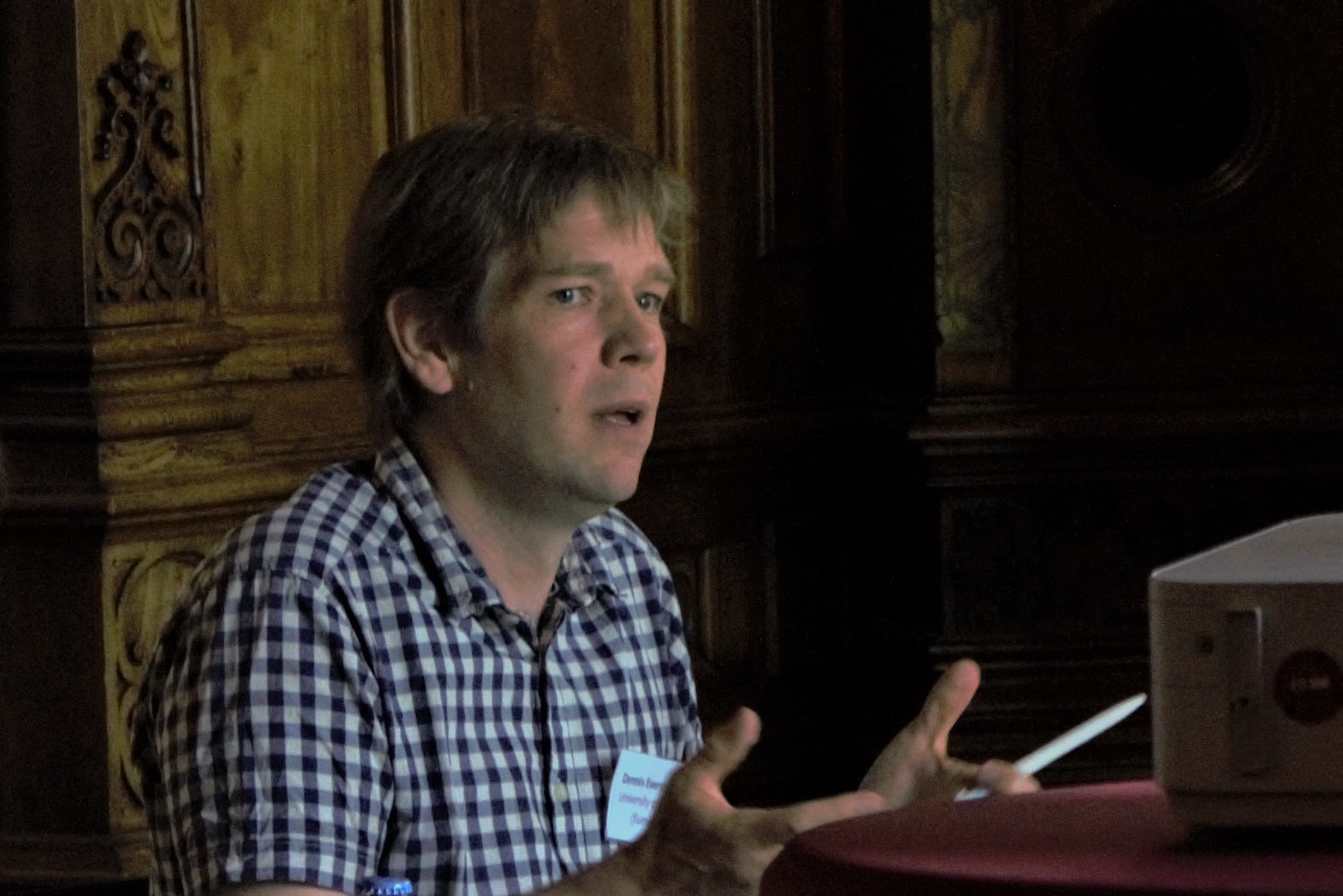
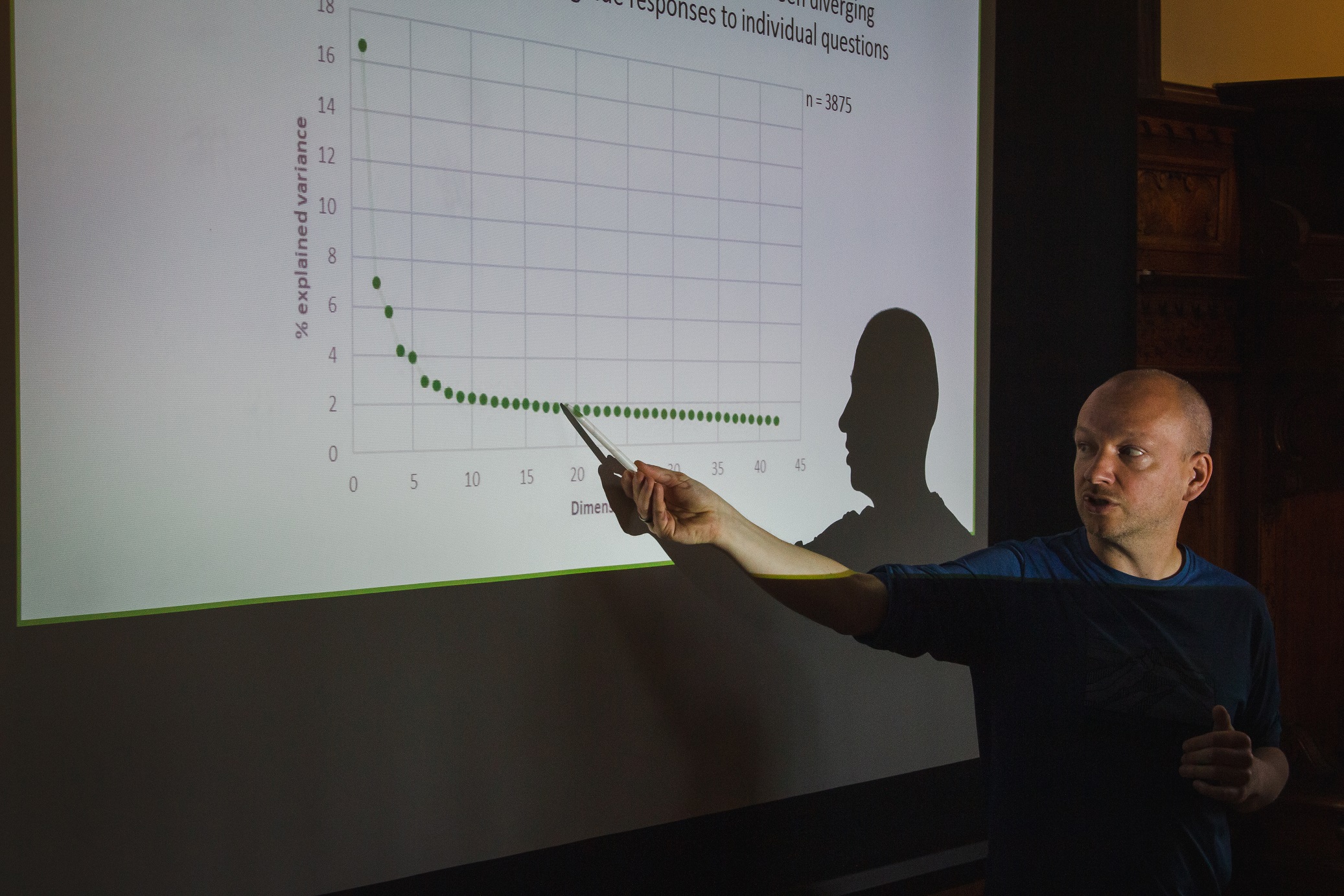
Dennis Eversberg und Martin Fritz, flumen, Friedrich-Schiller-University Jena
To understand which mentalities exist in Germany and how they correlate with social positions and practices, flumen conducts not only qualitative but also quantitative research. Dennis Eversberg and Martin Fritz present the background, aim and first results of surveys flumen has conducted. Aiming to identify latent dimensions of mental infrastructures, flumen looks for patterns that show how feelings, views and attitudes relate to each other. Overall, approximately 4500 responses to phone, online and postal surveys will be analyzed.
Session 4 “Bio-based practices and cultures”
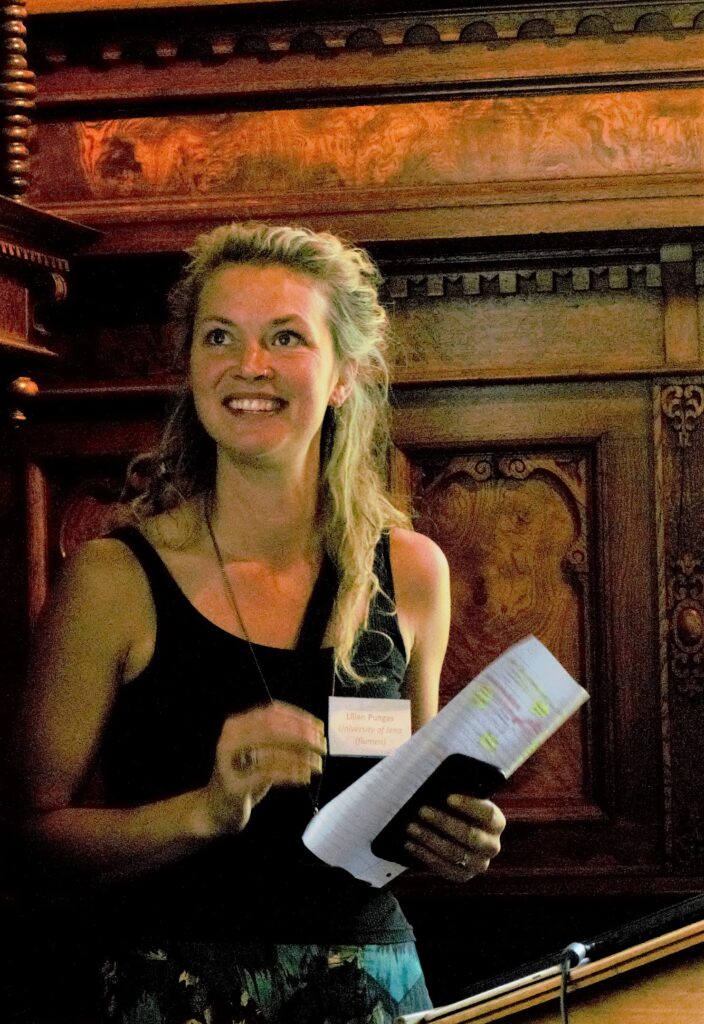
Investigating semi-subsistence farming in Estonia, Lilian Pungas shines a light on mentalities and practices in the Dacha culture of the post-soviet country. These practices are mostly invisible in mainstream bioeconomy discourses. Looking at the Russian-speaking minority, Lilian shows how food democracy is achieved in the context of repeated crisis – including resettlement during the USSR period, the social-economic extremes of the 1990s and the Covid-19 pandemic.
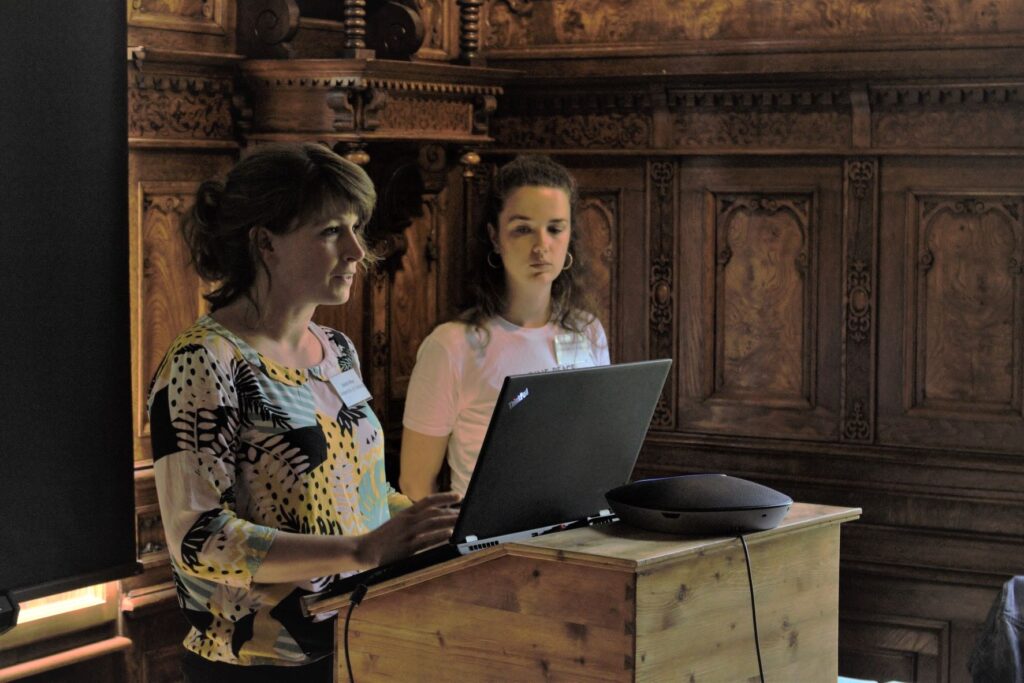
In their qualitative research, Sarah May and Lea Breitsprecher investigate bioeconomy as cultural change in innovative enterprises in the wood and packaging sectors. Their finding: bioeconomic innovation begins with organizational structures. Economic and ethical codes are constantly renegotiated. Cultural codes originating in the logic of constant economic growth hamper ethical and bioeconomic codes. Even though new spaces for bioeconomy exist, bioeconomy pioneers are confronted with established markets and fossil mentalities.
Session 5 „Bio-based modernities?”
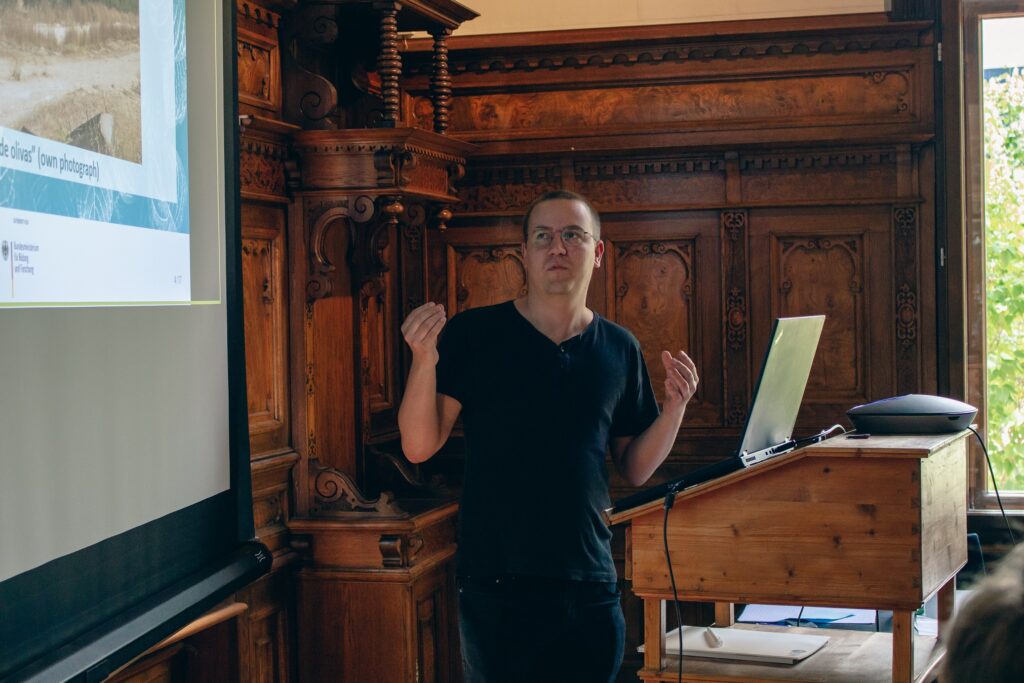
Looking at olive cultivation in the Spanish province of Jaén, Philip Koch investigates the role of modernity in the producers’ relation to the land and their farming practices. He demonstrates how, without romanticizing or idealizing nature, producers have pragmatically adapted to EU policy in the 1980s making olives the most profitable product to cultivate. While big producers emphasize mechanisation and centralisation, smaller producers aim to increase their products’ quality and appreciation.
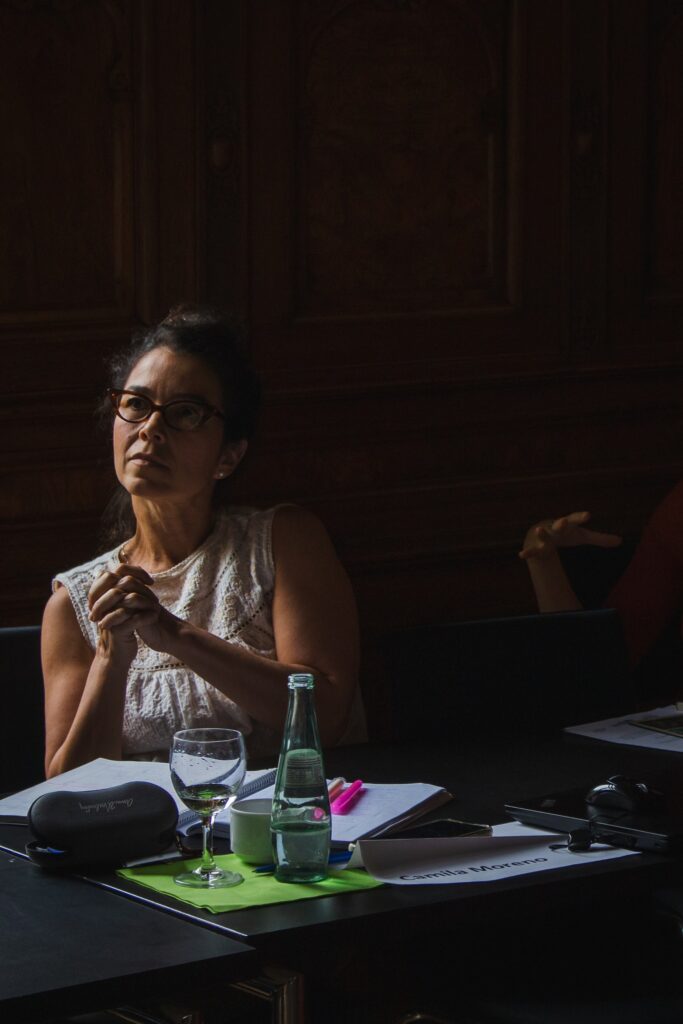
Junor Research Group BioMaterialities,
Humboldt University Berlin
The complex of trying to solve the climate crisis through the digital is a new capital strategy of accumulation by decarbonization. The epistemic infrastructure for this is the carbon metric (Application of the metric system for the formulation of decarbonisation as the highest goal and most important measurement for the fight against the climate crisis). In the past, we counted calories even though the calorie tells us nothing about nutrition. Now we are counting carbon. We saw the death of the calorie; do we need the “death of the carbon metric”?
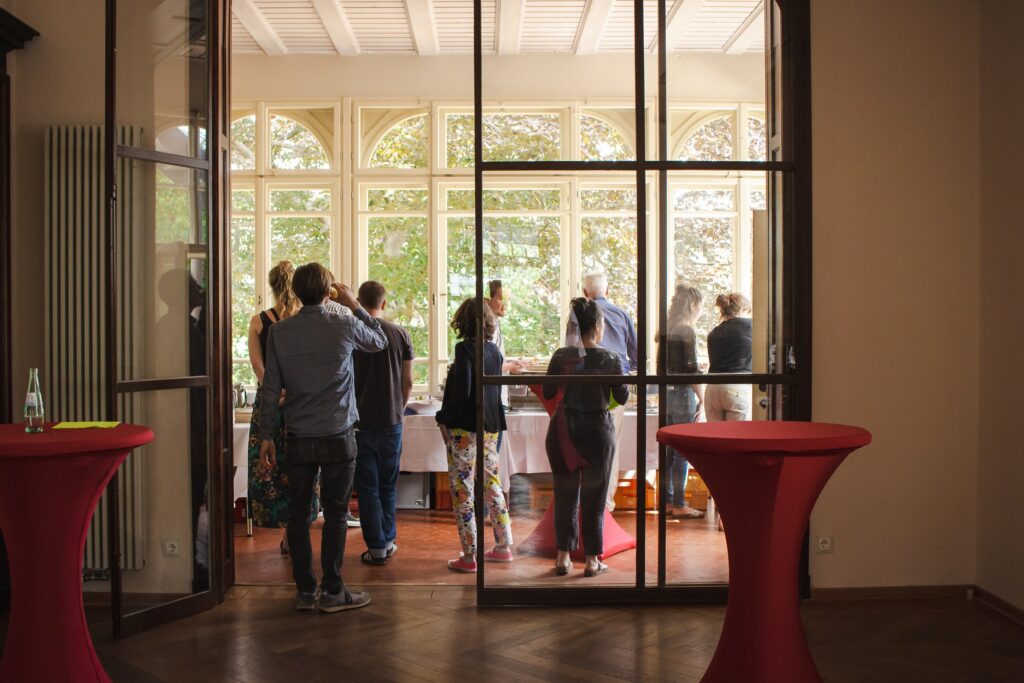
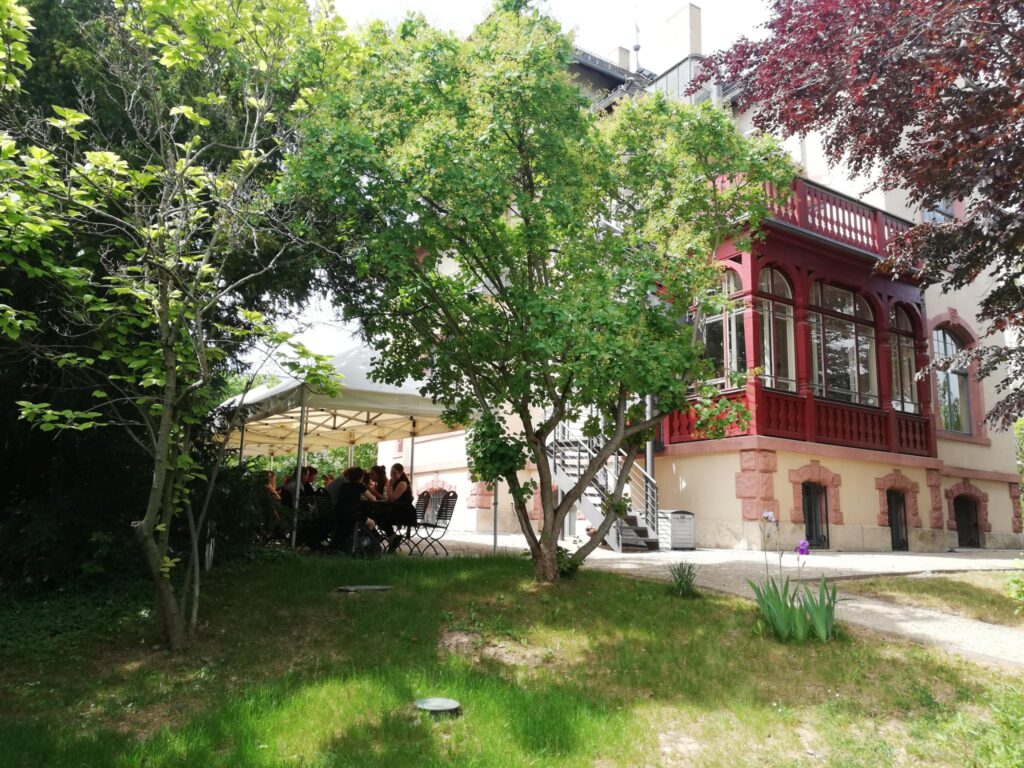
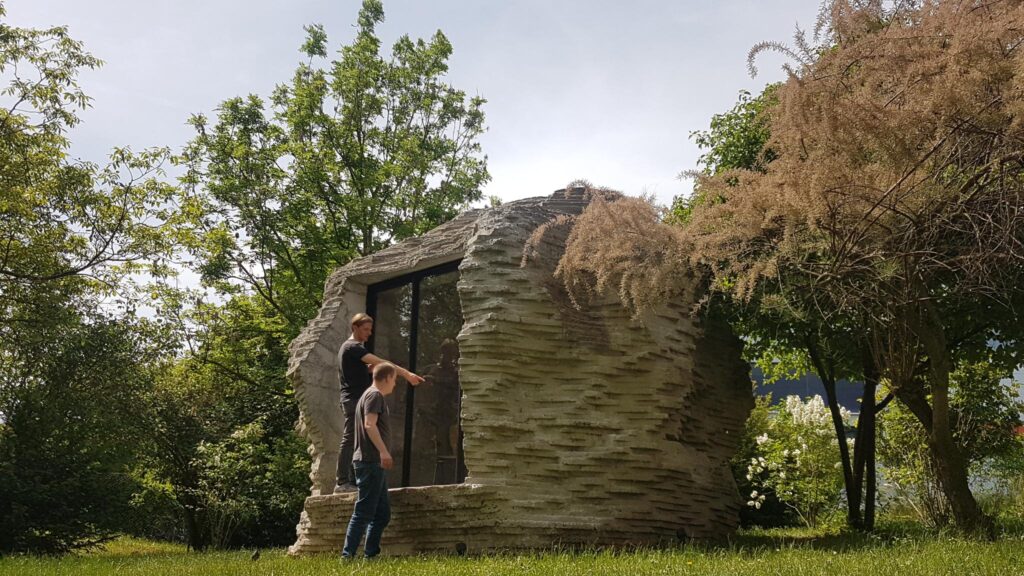
An enriching workshop with wonderful participants in the soothing environment of Villa Rosenthal Jena.
Short description
While it has become common sense that modern societies need a fundamental transformation of their energy and material infrastructures to achieve the decarbonization necessary to avoid climate disaster, we know little about the related transformation of mental infrastructures that this will necessarily entail. In the workshop, we want to analyze this dimension – not only to understand which forms of fossil mentalities hinder the necessary societal changes, but also to better understand how people’s basic mindsets, attitudes, and common imaginations change and need to change in the course of transformations toward post-fossil, bio-based economies. In this regard, it is equally important to take stock of the multiple ways in which the practically unlimited availability and steadily intensifying use of fossil fuels have shaped contemporary subjectivities as it is to discuss what the necessarily greater reliance of a post-fossil, bio- and renewable-based society, and the limits to their potential expansion, might imply for the constitution of an appropriate mental infrastructure.
There is a broad consensus that fossil fuels such as oil, coal and gas will soon become obsolete as energy sources and raw materials for industrial production: Their available stocks are limited and, more gravely, the greenhouse gases that are emitted when burning fossil fuels are a central cause of global warming and catastrophic climate change. One response to this problem is the search for biological and renewable resources that could serve as drivers of an emerging ‘bioeconomy’ and are hoped to make many hitherto fossil-based applications and products much more sustainable in the future. In our research group “flumen: mentalities in flux” at Friedrich-Schiller-University Jena we investigate the social preconditions and consequences of energy and resource transformations in which societies move away from the use of fossil fuels and other non-renewable resources and turn towards modes of production and living based on biological materials and renewable forms of energy. This workshop serves to discuss intermediate results with senior experts in the fields of sociology, history and the broader humanities, but also link them to ongoing key research on the questions of the relation between transformations at the material or socio-metabolic level of modern societies and in their mental or cultural dimensions.

